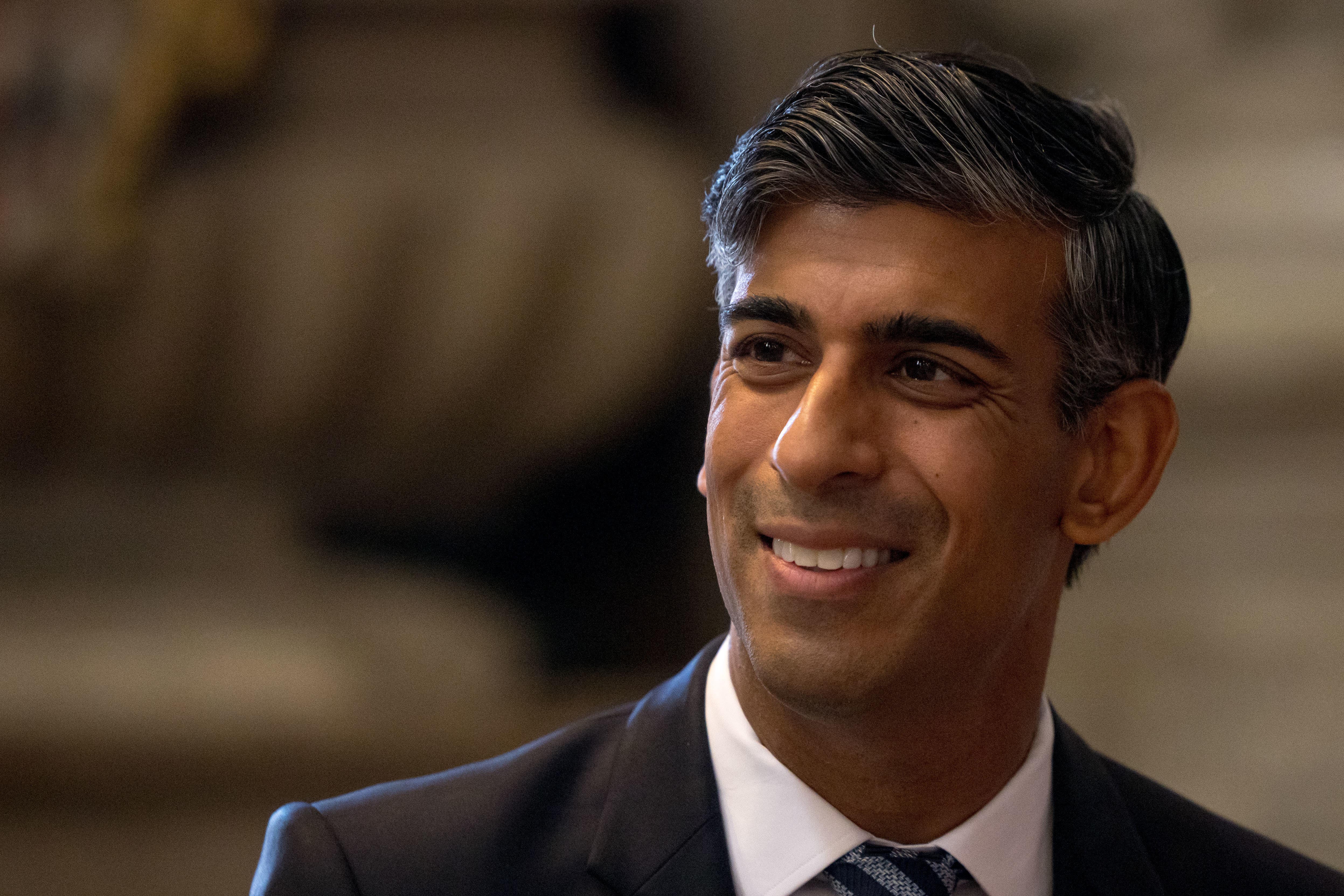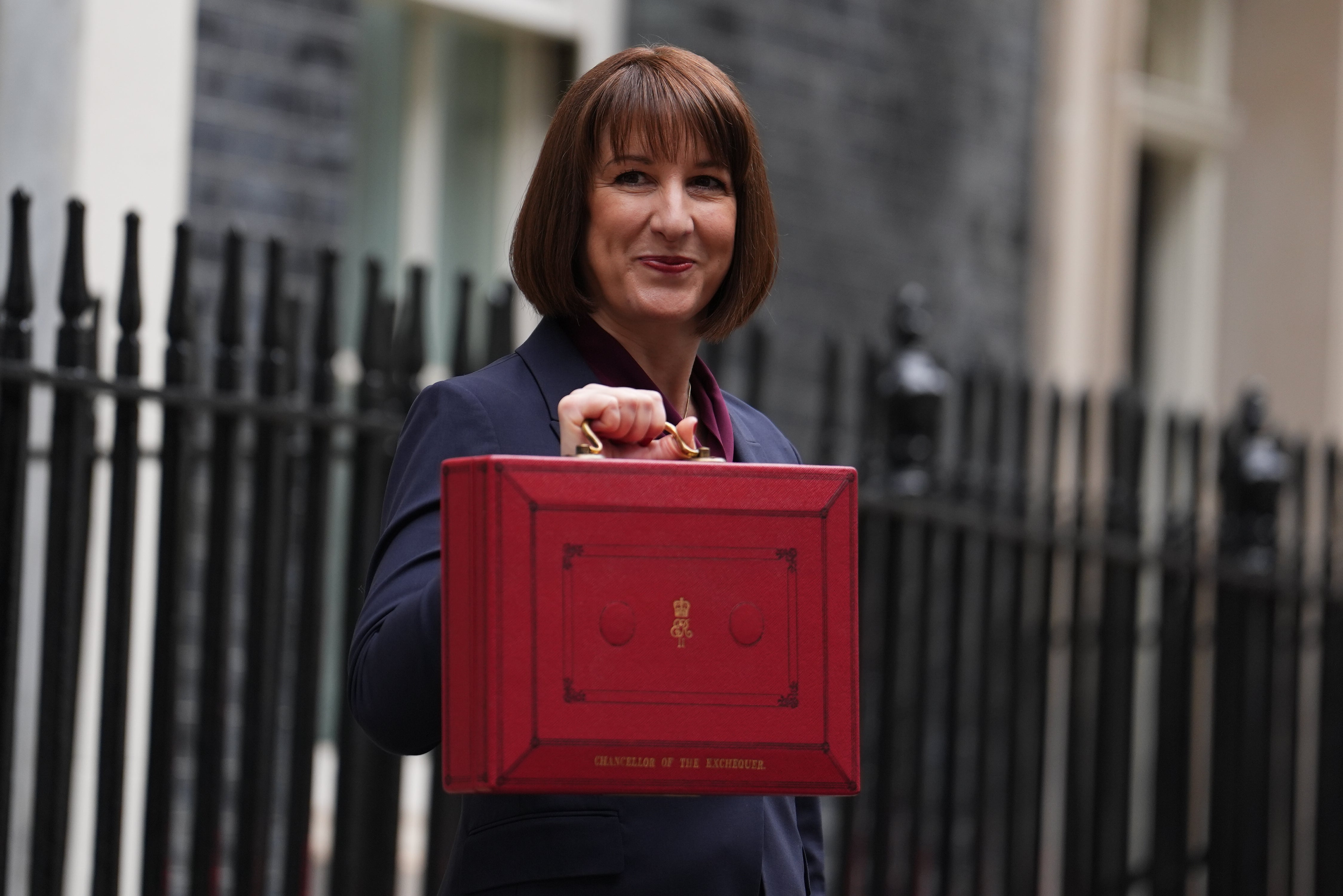Kemi Badenoch has admitted that the last Conservative government lost the support of business, despite having served in it as the party’s business secretary.
In her first major speech since succeeding Rishi Sunak, Ms Badenoch said she was not surprised at how many bosses flocked to meet Sir Keir Starmer and Rachel Reeves before the general election.
“I know it is because you thought that we didn’t understand what your needs and concerns were, and you knew we were going to lose,” she told leaders at the Confederation of British Industry’s (CBI) annual conference in London.

And in an embarrassing admission for Ms Badenoch, who was business secretary from February 2023 until the election in July, she said: “It was obvious that we Conservatives lost the confidence of business.”
Ms Badenoch was setting out her plans for the Conservative Party amid a furious business backlash at plans set out by Ms Reeves last month.
Looking to capitalise on anger at Labour, with many bosses feeling betrayed after the party’s pre-election charm offensive, Ms Badenoch said: “Every big business started out as a small business, and that is why I am so concerned that the burden on them is still increasing, with taxes – corporation tax, employers National Insurance and new regulations.
“The new government believes that invisible businesses can absorb these costs, but it’s everyday people who bear the brunt either in higher prices or lower wages, sometimes both.
“We may see the jobs which are lost as a result but no one ever sees the jobs that are not created.”
But in a policy-light speech, Ms Badenoch instead talked about returning the Conservative party to “first principles” and declined to set out her own plans on tax and spend.

“I believe that we need to have free and fair competition, not monopolies, not rent seeking, not corporatism but a genuine competition that allows new entrants in and those who are no longer productive to evolve or leave the economy,” she said.
Asked whether she would repeal Ms Reeves’ 2p hike to employer national insurance contributions, Ms Badenoch said she “would not comment on every bit of micro policy”. She said the previous government “did not think it should be this high”, but could not commit to scrapping the increase.
A Labour spokesman said: “After weeks of campaigning against it, Kemi Badenoch is now refusing to say whether she would actually reverse the employer national insurance rise. The opposition seem to finally accept that the damage they did to the economy made tax rises necessary – but the least the public deserve is an answer on what their actual position is.”
Ms Badenoch was also asked how she would fill the gap left in public spending plans by Mr Sunak’s government, but told a reporter she “disagrees with the premise of the question”.
“We can do things better, we can redesign things,” she said instead.
In a bid to rebuild bridges with industry, she said: “I’m not here to represent business interests, that’s your job, I am here to let you know the Conservative Party shares your values.”

It comes after the CBI warned that Ms Reeves’ tax grab will hit growth by undermining companies’ investment plans, with chief executive Rain Newton-Smith saying the government has made it harder for firms to “take a chance” on hiring new people.
Ms Newton-Smith welcomed the new political and economic stability offered by the government after the turbulence of the Conservative years, but condemned the way firms have been blindsided by the increase in NICs and the lowering of the threshold at which they start to be paid.
She warned it will make it more difficult to achieve the economic growth sought by Ms Reeves and the PM.
“What really defines growth is the decisions made in boardrooms up and down the country,” she told the CBI’s conference in London.
“It’s CFOs (chief financial officers) asking ‘Can we afford to invest? Can we afford to expand? Can we afford to take a chance on new people?’
“Well, after the Budget, the answer we’re hearing from so many firms is still ‘not yet’.
“The rise in national insurance, the stark lowering of the threshold, caught us all off guard.
“Along with the expansion and the rise of the National Living Wage – which everyone wants to accommodate – and the potential cost of the Employment Rights Bill, they put a heavy burden on business.”
In her Budget, the chancellor announced around a £70 billion increase in public spending, funded through tax rises and increased borrowing.
Labour also raised the minimum wage, in a move praised by workers’ groups and unions, but which businesses have said will force them to pass on some costs to consumers, hire fewer people or make less profit.

